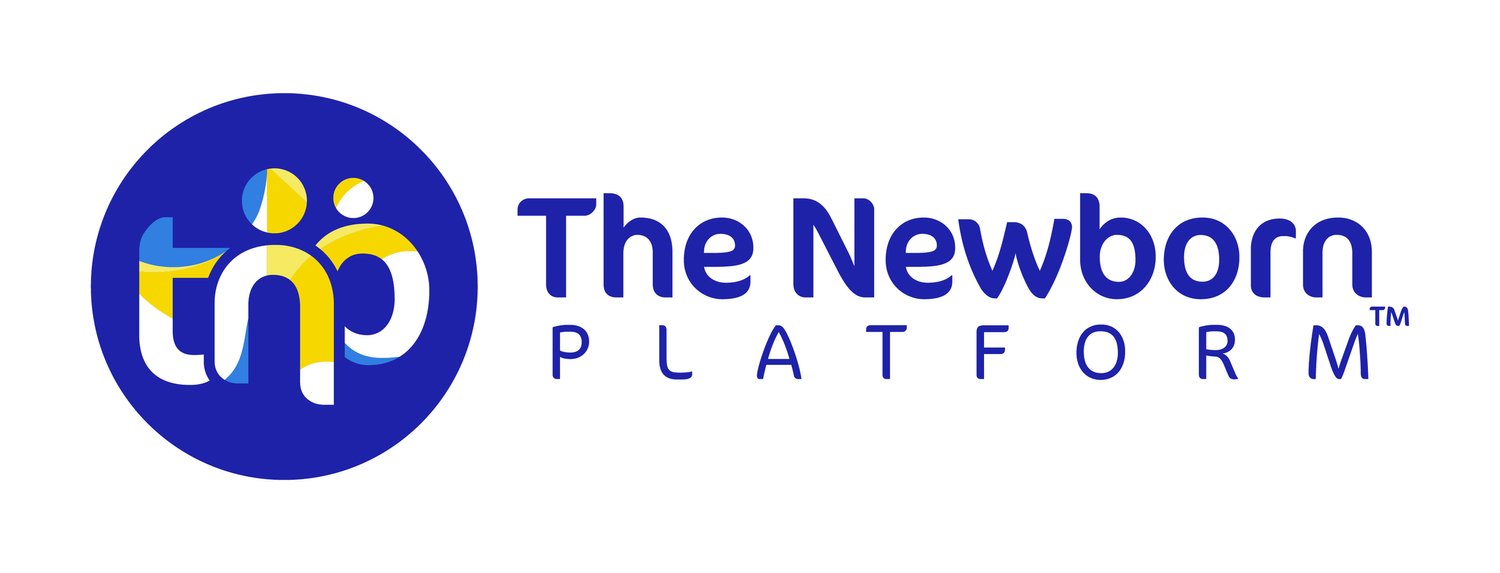Prepare for successful breastfeeding
The best way to prepare for successful breastfeeding is to start early. The decision to breastfeed exclusively for the first six months of life is one usually arrived at after being educated on the merits of exclusive breastfeeding. Exclusive breastfeeding means feeding a baby with only breast milk, no added water or formula for the first six months of life. Breast milk is all the nourishment the infant needs under the age of six months. The next step is for you to prepare while still pregnant. Remember: proper prior planning prevents poor performance.
So your mind is made up, and that is half the battle won because the brain is responsible for the stimulation of the hormones that support and establish breastfeeding.
During pregnancy, you are advised to regularly pull out your nipples especially if they are retracted to ensure they are primed for successful latch-on and lactation
During pregnancy also, prepare by ensuring you will have all you need - good-fitting nursing bras for privacy and which do not cause or worsen blocked ducts; breast pads for when you have excessive milk leakage and you want to prevent your clothing from being soiled ( actually a good problem to have); a good sitting area- chair, with a leg rest, (you might need a place during the day and another place at night) and pillows to support baby- in the early days when baby is still fairly small, you will have to bring baby to your breasts, and you will need one or two large good supportive pillows.
Have a plan for breastfeeding success: Marshall your troops. You need breastfeeding supporters and encouragers- a group of mums- The Newborn Platform can provide that for you, but also your family, husband or partner, mother, aunties, mother-in-law, sisters, friends, colleagues ( a creche at work would be great and so would a lactation room!) everybody who could be involved, who could show up in your house in the weeks and months following has to know the plan and should commit to supporting best possible start. They need to be ready to go out to find you supplies and hold the baby during a colicky period so you can get some rest and your breast milk flow is not interrupted… you gerrit- all hands on deck!
Educate yourself, get and read all the information you can on breastfeeding, including what is a galactagogue. Big English for something that helps stimulate breast milk production - maize pap, oats, tiger nut milk or drink, almonds, moringa, carrots, ginger and garlic. Lactation cookies and smoothies are all now available. You must be well hydrated, and get used to drinking at least 3L of water a day when breastfeeding, it helps milk flow.
Prepare for any difficulty and be ready to consult an expert- a lactation management consultant is only needed for a small percentage of women, but one never knows if they will need one. Ensure you have a means of communicating your difficulties early so you don’t get frustrated.
You should also have - breastfeeding pads, cool gel packs and cold cabbage ( we will talk about this later) nipple cream - a MUST; - a nipple shield (especially if you have retracted nipples), appropriate breastfeeding clothing for discreet nursing - buttons down the front and/or a privacy apron or scarf- we can ship those to you
Agreement on support for night feeds and work to be done around the house
Communicate your intention to exclusively breastfeed to your birth provider, nurse midwife and birthing partner. It is their job to ensure that as long as you are stable within the first hour after delivery, the baby will be put to your breast to breastfeed. “Mother just had a Caesarean Section” is not an indication for not putting baby to breast. If anything, it helps the uterus recover faster.
Are you ready? Ask your questions on the group, and send us a direct message at +234 704 100 0121 - we are happy to share resources with you about where to go to get what, and we will connect you with whoever you need to help you succeed on this beautiful and rewarding journey to successful exclusive breastfeeding.
